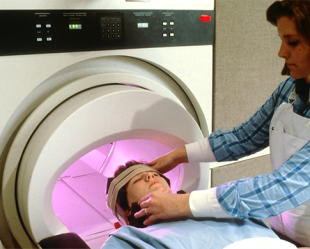Sunday, 8 March is International Women’s Day. In the spirit of celebrating the next generation of women and girl leaders, the United Nations’ theme is “I am Generation Equality: Realizing Women’s Rights”. It’s a call to action for everyone to push for complete gender equality. NSAI, together with ISO and other standards bodies worldwide are helping to advance the agenda with a number of gender action initiatives.
Launched in 2019, the ISO Gender Action Plan outlines five priority areas that focus on collecting data, creating a network to share best practice, and raising awareness of standards in support of gender equality and women’s empowerment.
ISO Secretary-General Sergio Mujica explains: “We, at ISO, recognize that International Standards are essential tools toward reducing inequalities, creating greater sustainability and encouraging inclusive economic growth, all of which largely contribute to the United Nations Sustainable Development Goals, including SDG 5 (Gender Equality).”
As a signatory of the Declaration on Gender Responsive Standards, NSAI recognises that gender equality and women’s empowerment are key to achieving all 17 Sustainable Development Goals.
We at NSAI are committed to making standards work for women. We believe that applying a gender lens to the work of standardisation can bring us closer to achieving the Sustainable Development Goals.
Geraldine Larkin CEO of NSAI
Society has come a long way since the first International Women’s Day over a hundred years ago. Yet, looking ahead, there are still barriers that need breaking. Addressing specific needs for women and girls within standards will help develop to more gender-responsive and -inclusive standards for everyone.
[Disclaimer: All reasonable effort was made to ensure that the information on this page was correct at the time of publication. Any views or opinions expressed on this page are not necessarily those of NSAI. NSAI accepts no responsibility or liability howsoever arising from the contents of this publication or any errors, inaccuracies, or omissions in the contents of the information provided therein.]



